A latest report by the Tax Justice Network (TJN) Africa has highlighted Zambia’s urgent need to prepare a strategy to combat Value Added Tax (VAT) refund fraud, including automating risk analysis procedures for assessing claims in real time.
The report titled “Taxing Zambia’s Mining Sector for the Energy Transition: Opportunities and Challenges” released on Friday indicated that this must be coupled with information exchange among relevant institutions to establish profiles of high-risk taxpayers.
This report was collaboratively produced by TJN Africa and Publish What You Pay Zambia.
Recently, the Zambia Revenue Authority (ZRA) revealed that it is currently recording huge fraud in VAT claims with taxpayers using fake import certificates.
ZRA, while stating that VAT refund fraud had remained a challenge to its operations, it had commenced the software-based Electronic Invoicing System Project for fiscalisation as one of the ways to deal with the vice.
The Authority has so far this year handled 175 VAT fraud related cases.
Read more: Revenue authority prosecutes 175 VAT fraud-related cases, secures four convictions in Q1, 2023
TJN Africa has therefore in its report stressed that Government urgently needed to manage the VAT refunds challenges, more especially with the mines.
“This can be done by firstly reviewing the legal framework to ensure that VAT refunds requirements, procedures and documentation are as simple as possible.
“Secondly, there is need to prepare a strategy to combat VAT refund fraud, including automated risk analysis procedures for assessing claims in real time and information exchange among relevant institutions to establish profiles of high-risk taxpayers,” TJN Africa stated.
It also recommended that the treasury should maintain a zero-balance subaccount within the Treasury Single Account, where the amounts needed to pay the VAT refunds were transferred based on tax administration information.
According to the report, the VAT refund system was marred by delays in paying VAT refund claims, resulting in large VAT refund arrears problem.
This problem, it stated, prompted the Government to reintroduce the “VAT Rule 18” in 2014 requiring the VAT taxpayer to submit documentation that a supply is an export of goods to claim this as a zero-rated supply.
“The VAT generally applies to transactions in the mining sector. Mining production is predominantly exported, and therefore, based on the destination principle of VAT, zero-rated.
“Despite its intrinsic self-enforcement capacity, ZRA has found it challenging to refund excess input credits, which is critical to a well-functioning VAT system,” the report stated.
WARNING! All rights reserved. This material, and other digital content on this website, may not be reproduced, published, broadcast, rewritten or redistributed in whole or in part without prior express permission from ZAMBIA MONITOR.

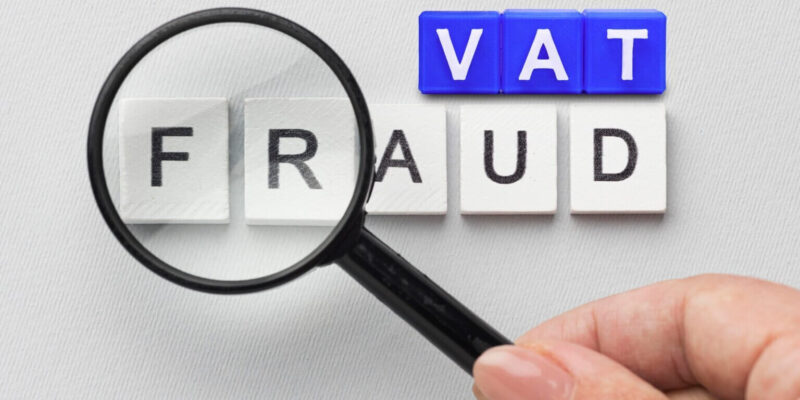
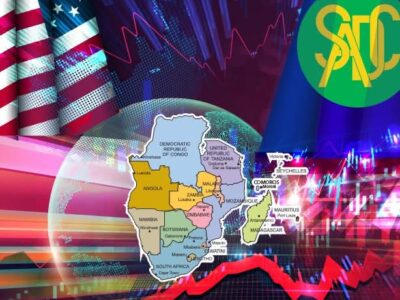
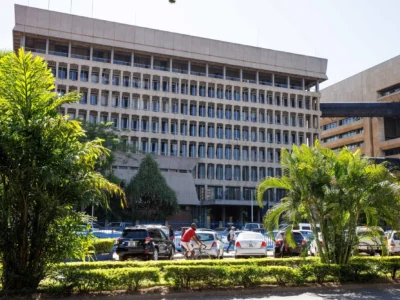
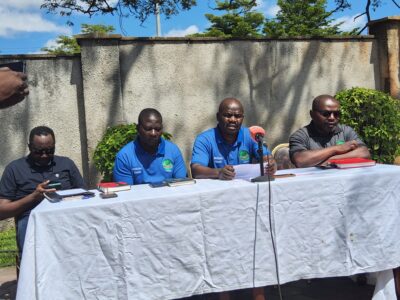

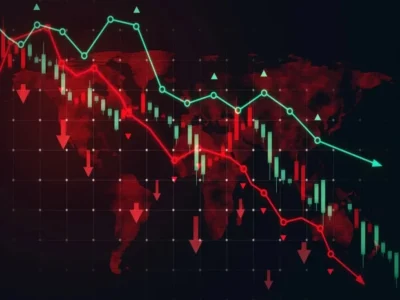





Comments